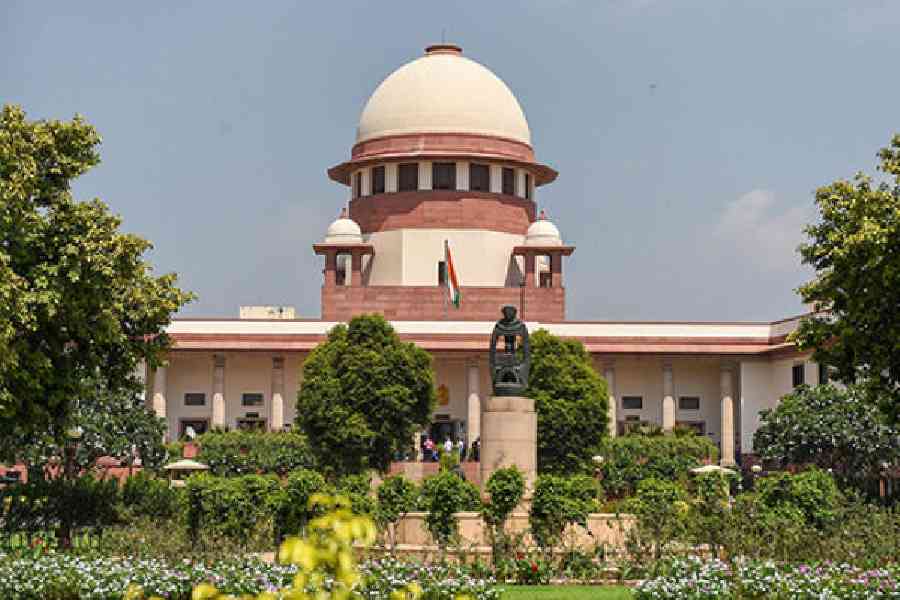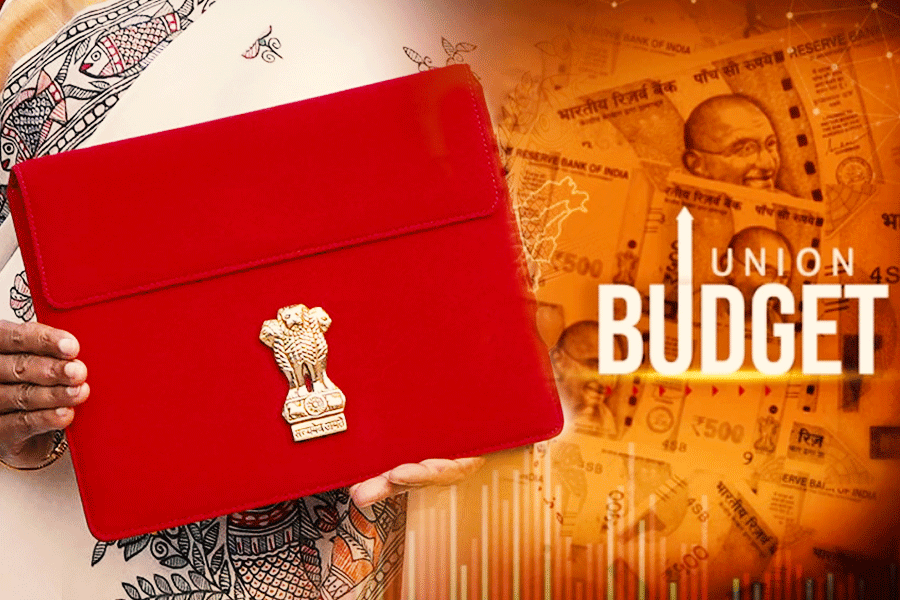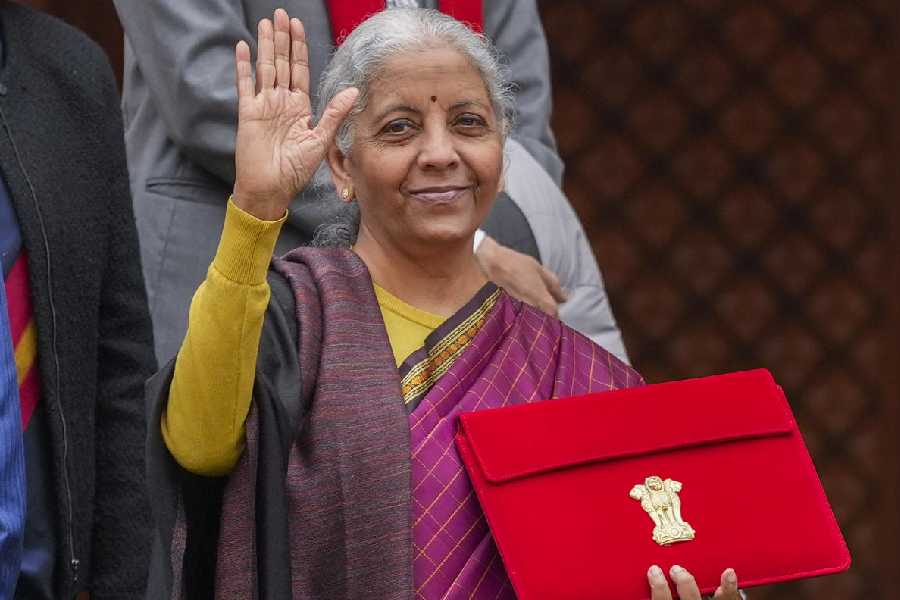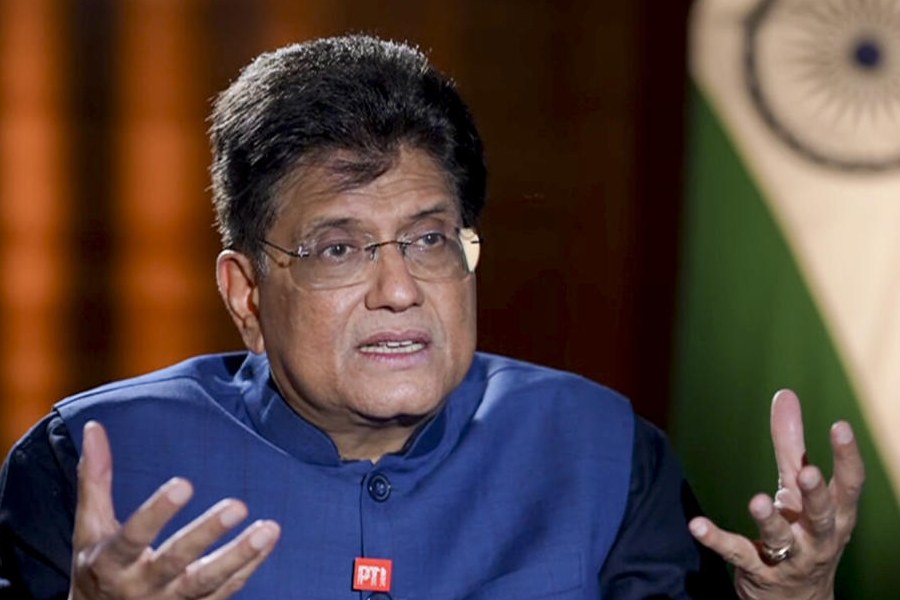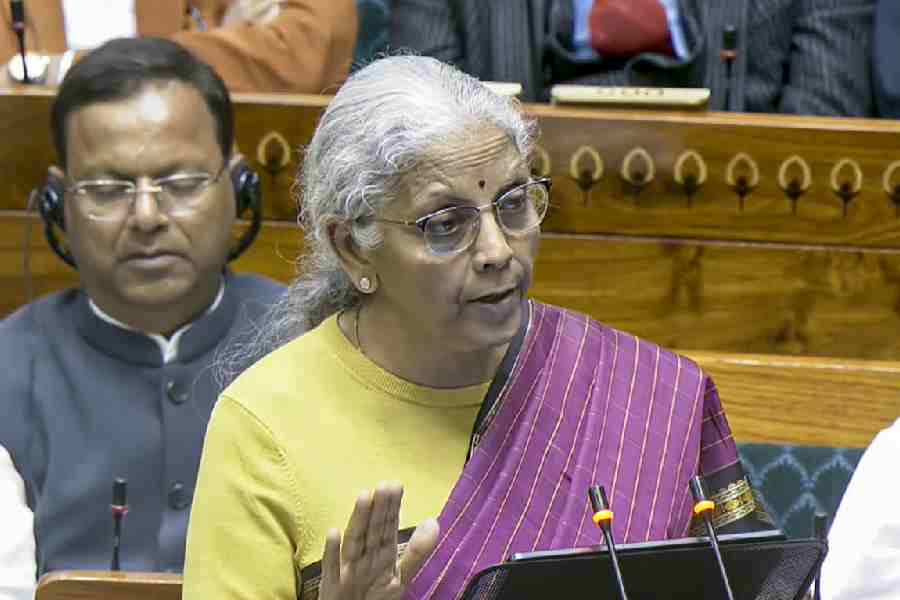The Supreme Court has set aside a CBI inquiry ordered by Allahabad High Court into alleged irregularities in the recruitment of Uttar Pradesh Legislative Council staff, observing that such directives for investigation should only be passed in cases that have national or international ramifications or “shake the conscience of
the court”.
A bench of Justices J.K. Maheshwari and Vijay Bishnoi passed the verdict while allowing an appeal filed by the secretary of the Uttar Pradesh Legislative Council and the state challenging the high court order for a CBI probe despite no such demand from the petitioners who had assailed the recruitment process for its alleged irregularities.
“The court may exercise such discretion (CBI probe), where the incident may have national or international ramifications and with intent to do complete justice or for enforcing the fundamental rights. Mere sweeping remarks are not enough to direct a CBI investigation, until prima facie disclosure of commission of criminal offence is made out,” Justice Maheshwari, who authored the judgment, observed.
“It is further said that in the matters relating to recruitment, it would not be appropriate to direct CBI investigation in routine course unless the facts brought on record are so abnormal that they shake the conscience of the court,” he added.
The top court said an order directing a CBI probe should be treated as a last resort, only when the court is convinced that the integrity of the process has been compromised or may get compromised to a degree that shakes the conscience of courts or public faith in the justice delivery system.
“Such compelling circumstances may typically arise when the materials brought in notice of the court prima facie point towards systemic failure, the involvement of high-ranking State officials or politically influential persons, or when the local police’s conduct itself creates a reasonable doubt in the minds of the citizenry regarding their ability to conduct a neutral probe. In the absence of such compelling factors, the principle of judicial restraint demands that the court must refrain from interfering.
“The present appeals stand allowed and the impugned orders dated September 8, 2023, passed in Special Appeal… and order dated October 3, 2023, by the high court stand set aside,” the bench said.
The high court had ordered a CBI probe while dealing with a batch of petitions by aggrieved candidates challenging the selection process for various posts in the secretariat of the Uttar Pradesh Legislative Council, as notified through advertisements dated September 17 and 27, 2020, as “unfair, unjust, arbitrary, unreasonable and collusive”.
The apex court referred to the constitution bench ruling in 2010 in the State of WB vs Committee for Protection of Democratic Rights, wherein it was mandated that the courts must bear in mind certain self-imposed limitations on the exercise of powers conferred by Articles 32 (Supreme Court) and 226 (high courts)
of the Constitution while passing orders.
“Insofar as the question of issuing a direction to CBI to conduct investigation in a case is concerned... such an order is not to be passed as a matter of routine or merely because a party has levelled some allegations against the local police. This extraordinary power must be exercised sparingly, cautiously and in exceptional situations where it becomes necessary to provide credibility and instil confidence in investigations or where the incident may have national and international ramifications or where such an order may be necessary for doing complete justice and enforcing the fundamental rights,” the apex court said.

